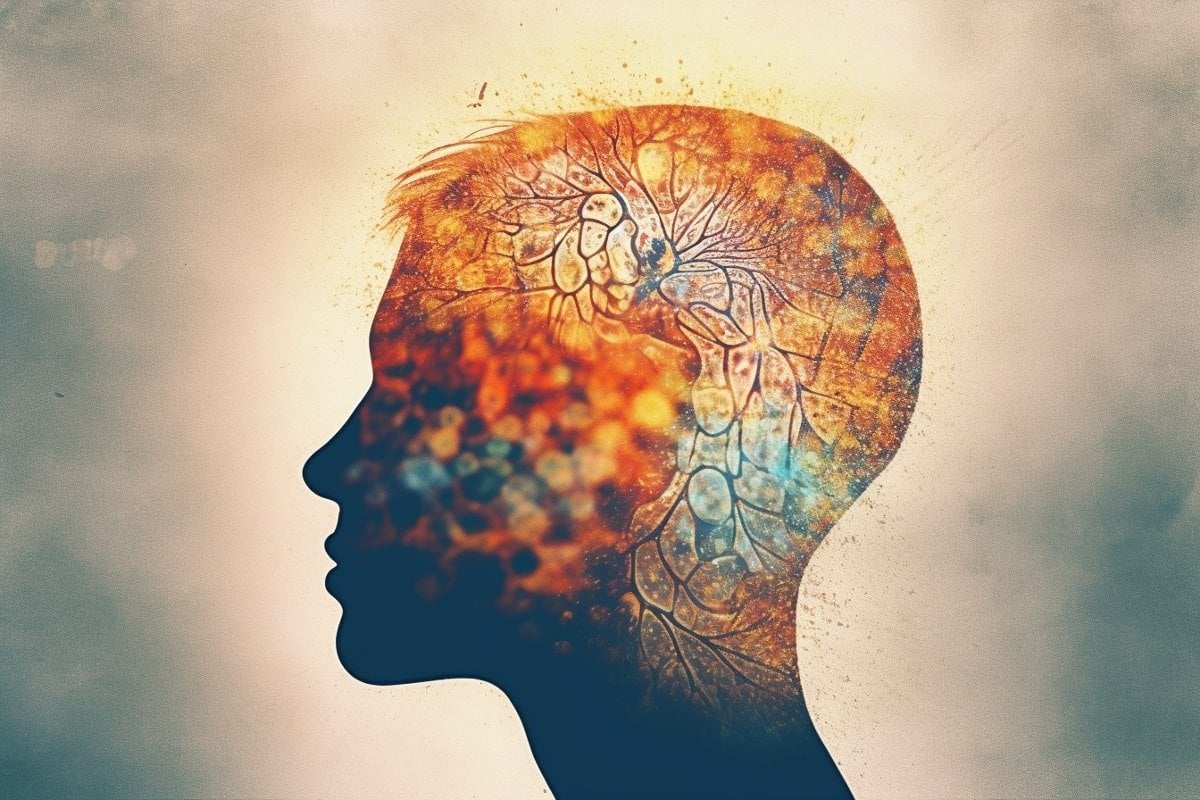The COVID-19 pandemic has had far-reaching effects on various aspects of society, including mental health. The prolonged period of uncertainty, fear, and social isolation has had a profound impact on individuals worldwide. This article delves into the effect of COVID-19 on global mental health, highlighting the challenges faced and potential strategies for addressing these issues.
- The Mental Health Crisis
The pandemic has triggered a mental health crisis of unprecedented proportions. The fear of contracting the virus, loss of loved ones, economic instability, and social isolation have led to increased rates of anxiety, depression, and post-traumatic stress disorder (PTSD) globally. Moreover, the lack of access to mental health services and resources has exacerbated the situation.
- Factors Contributing to the Crisis
Several factors have contributed to the worsening mental health crisis during the pandemic. The disruption of daily routines and loss of social connections have led to feelings of loneliness and isolation. Financial hardships and job losses have added to stress levels. The constant exposure to pandemic-related news and misinformation has also negatively affected mental well-being.
- Impact on Vulnerable Populations
Certain populations have been disproportionately affected by the pandemic. Frontline healthcare workers, who face high levels of stress and burnout, are at a greater risk of developing mental health conditions.
Children and adolescents have experienced disruptions in their education and social lives, leading to increased anxiety and depression. Individuals with pre-existing mental health conditions have faced additional challenges in accessing treatment and support.
- Potential Solutions
Addressing the mental health crisis requires a comprehensive approach involving governments, healthcare systems, and communities. Increased investment in mental health services, including teletherapy and online resources, can improve access to care.
Educating the public about mental health and reducing stigma can encourage individuals to seek help when needed. Implementing workplace mental health programs and providing support to frontline workers are essential steps in mitigating the impact of the pandemic.
- The Role of Hypnotherapy
Hypnotherapy can be a valuable tool in supporting individuals’ mental health during and after the COVID-19 pandemic. Hypnotherapy is a therapeutic technique that uses guided relaxation and focused attention to help individuals achieve a state of heightened awareness and suggestibility. It can aid in reducing anxiety, managing stress, and improving overall well-being.
In Vancouver, hypnotherapy has gained popularity as a complementary approach to traditional mental health treatments. Hypnotherapy Vancouver practitioners offer personalized sessions tailored to the specific needs of individuals. By harnessing the power of the mind, hypnotherapy can help individuals develop coping strategies, enhance resilience, and promote positive behavioral changes.
The COVID-19 pandemic has had a profound impact on global mental health. The increased rates of anxiety, depression, and other mental health conditions highlight the urgent need for comprehensive support systems.
Governments, healthcare systems, and communities must prioritize mental health by investing in services, raising awareness, and implementing evidence-based strategies. Hypnotherapy in Vancouver and other complementary approaches can play a role in supporting individuals’ mental well-being during these challenging times. By working together, we can address the mental health crisis and promote resilience and recovery.

